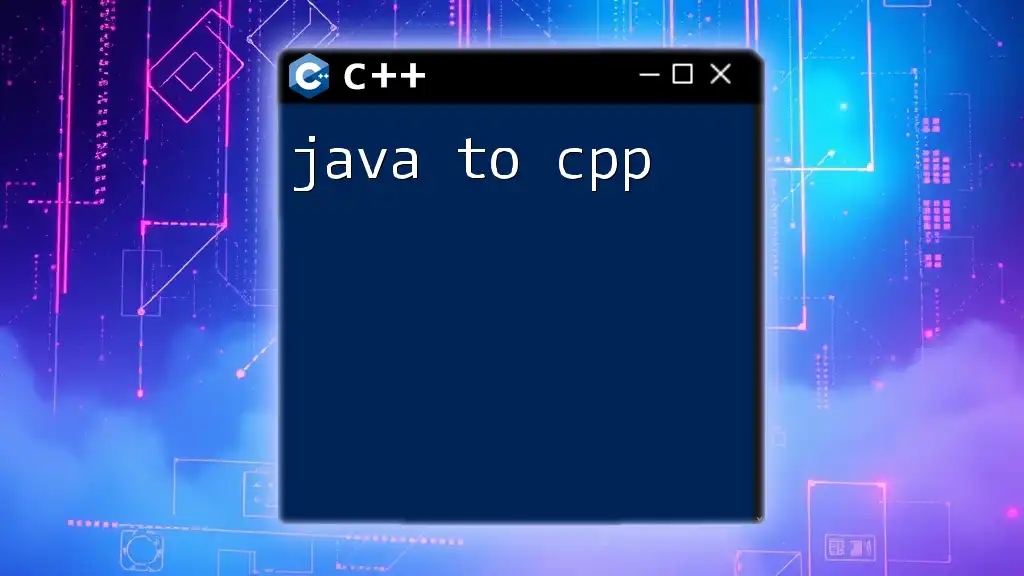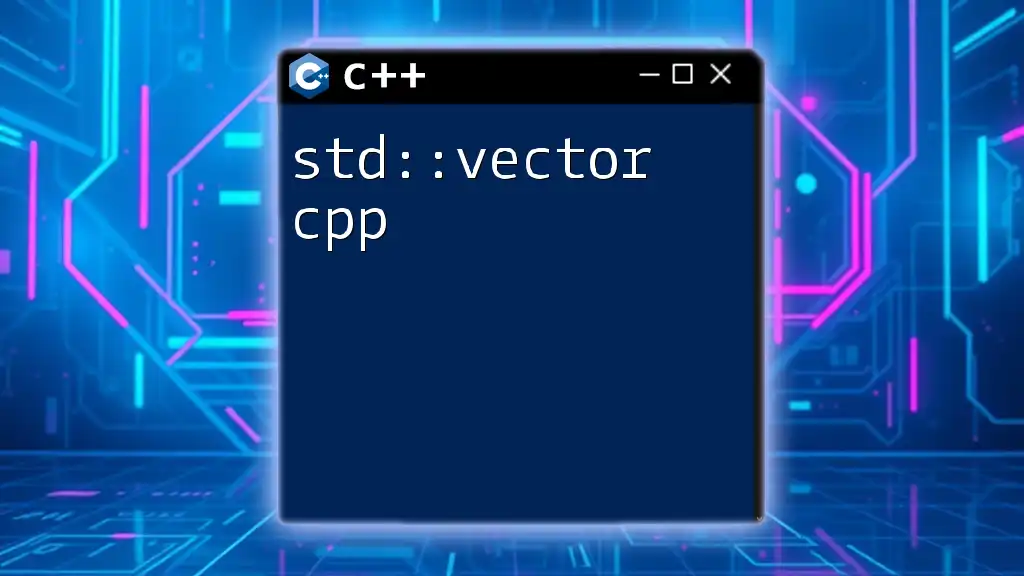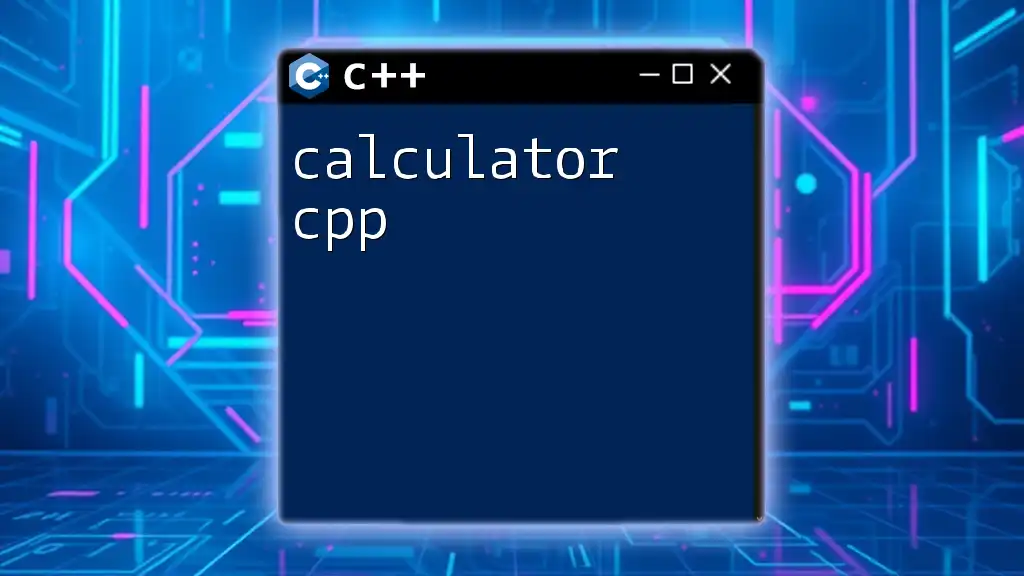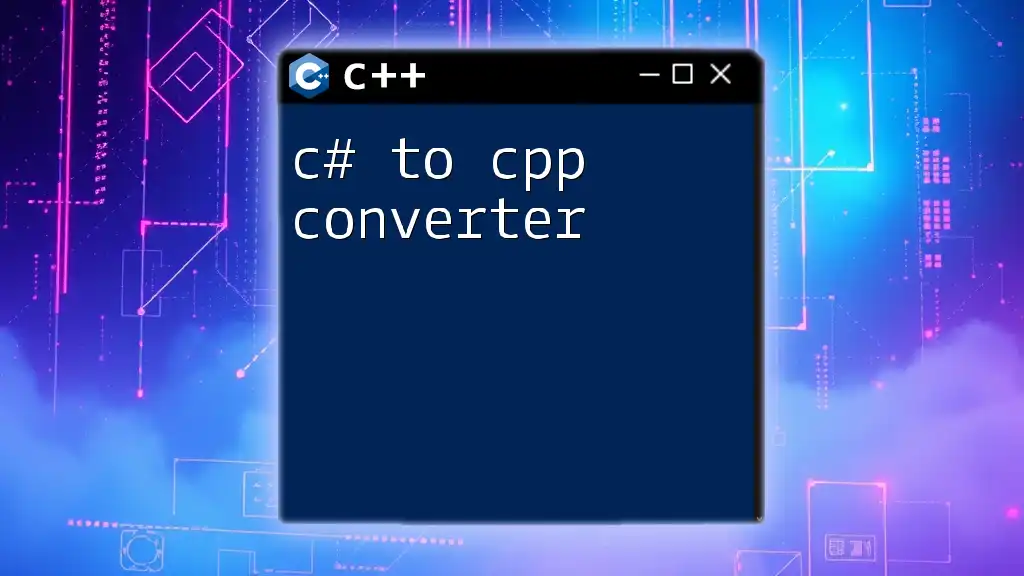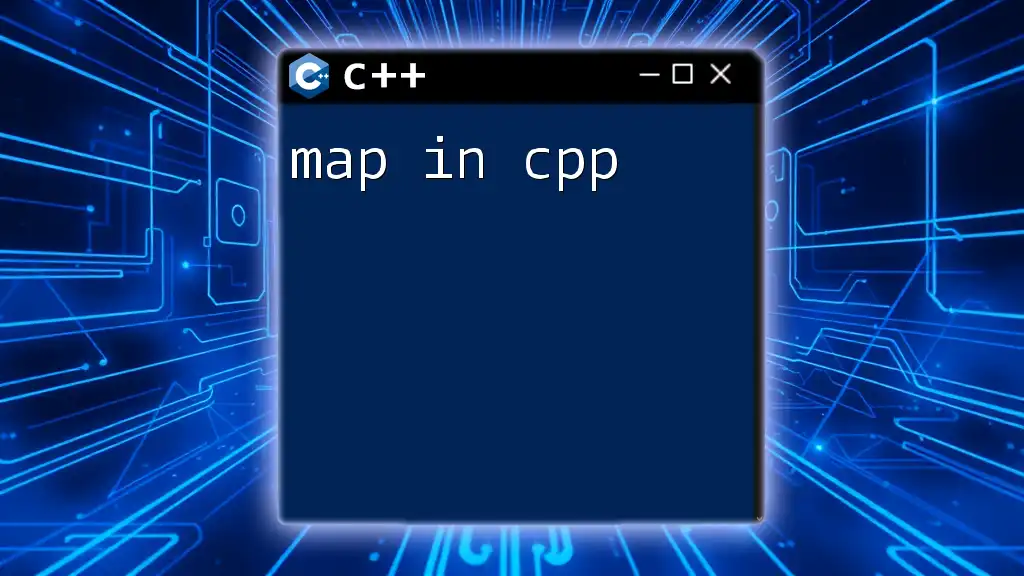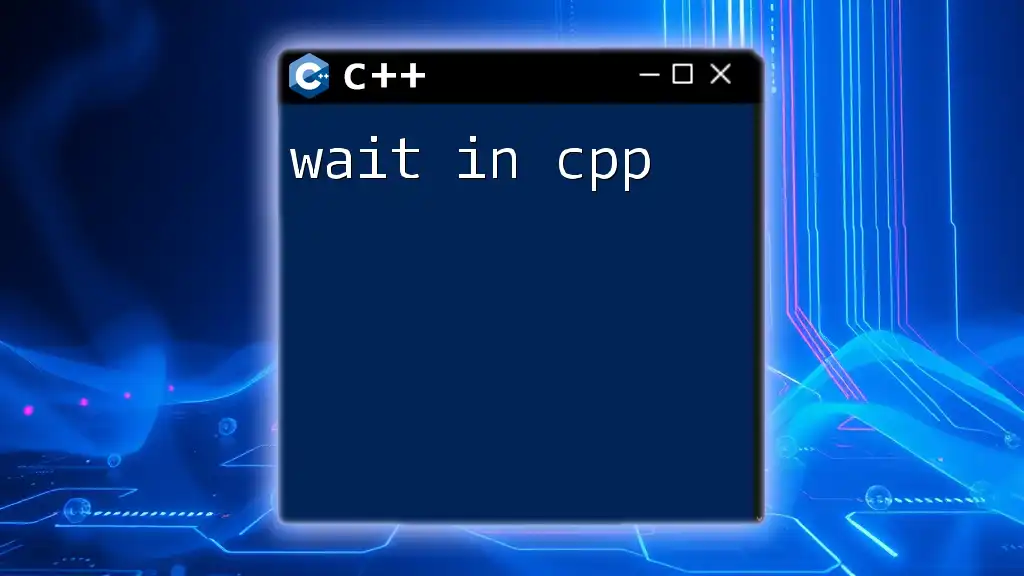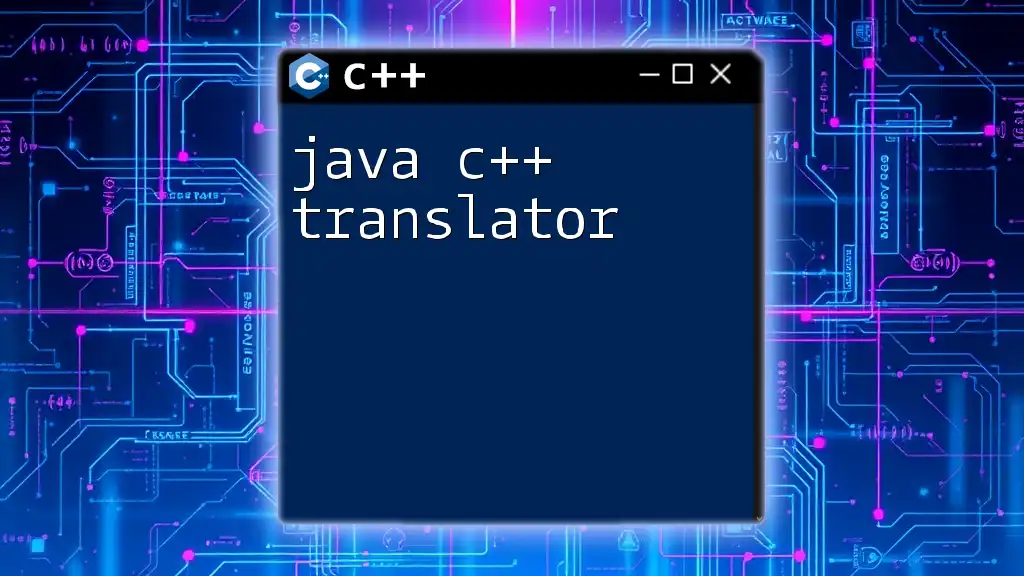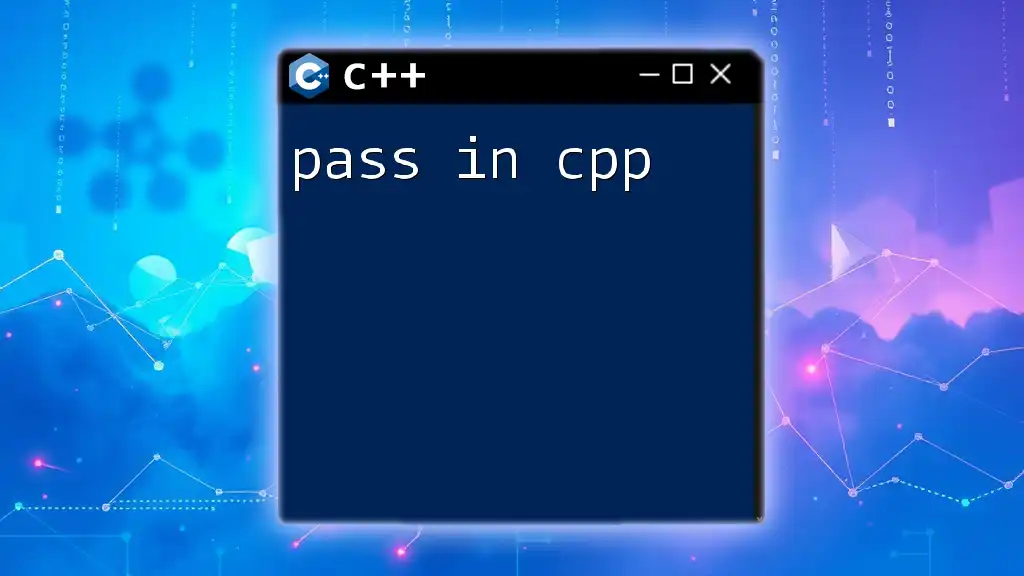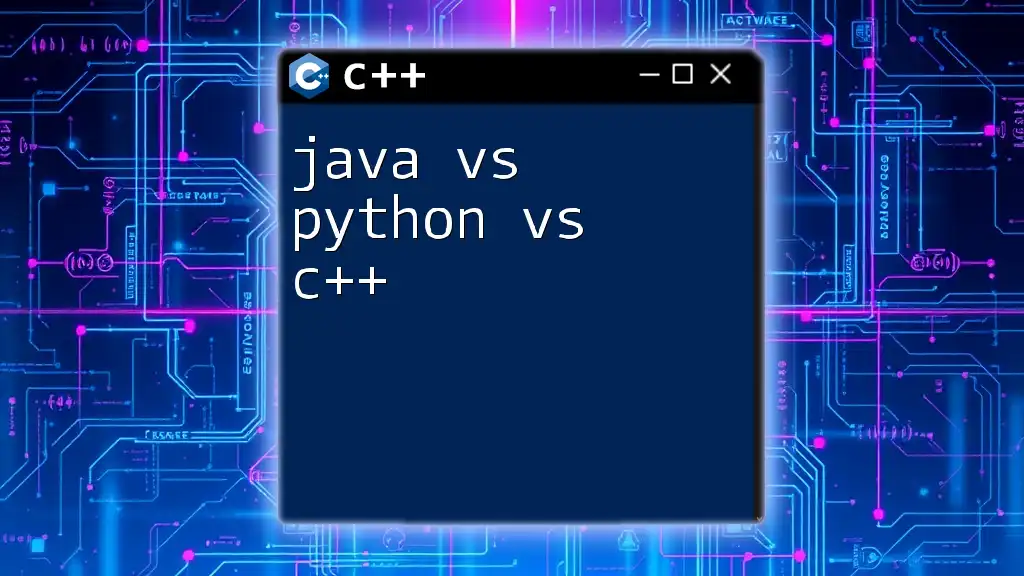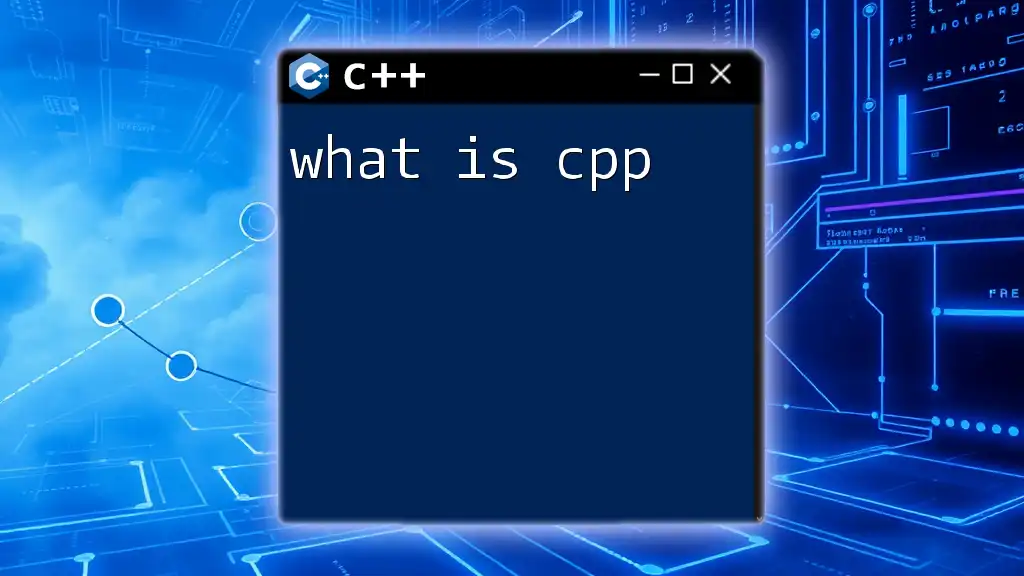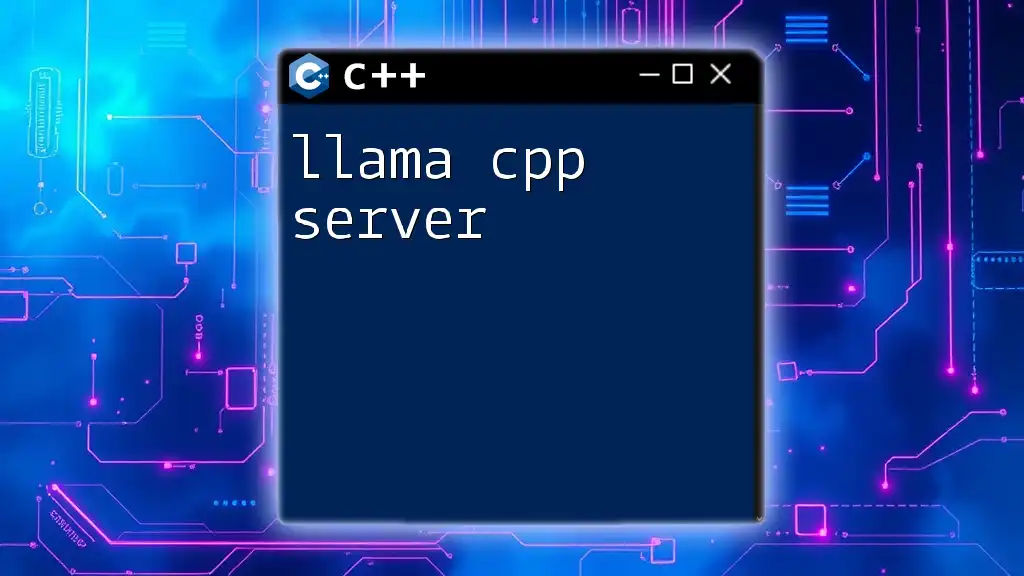"Transitioning from Java to C++ involves understanding the differences in syntax, memory management, and object-oriented principles, as demonstrated in this simple example of class definition and instantiation."
// C++ example of a simple class definition and instantiation
class Dog {
public:
void bark() {
std::cout << "Woof!" << std::endl;
}
};
int main() {
Dog myDog;
myDog.bark(); // Output: Woof!
return 0;
}
Understanding the Differences Between Java and C++
When transitioning from Java to C++, it's crucial to grasp the fundamental differences between the two languages.
Key Language Features
Java is inherently an object-oriented language, while C++ supports both object-oriented and procedural programming paradigms. In Java, memory management is primarily handled by Garbage Collection, which automatically frees up memory, allowing developers to focus on coding without constant worry about memory leaks. In contrast, C++ requires developers to manually manage memory through the use of `new` and `delete`, providing greater control but also introducing potential pitfalls.
Understanding the syntax and structure differences is also vital. While both languages share similar constructs, their usage can differ significantly. For instance, C++ uses `#include` for library imports while Java uses the `import` statement.
Performance Considerations
Performance is another critical factor. C++ is generally regarded as providing better performance than Java due to its ability to manipulate system resources directly. This is particularly important when developing applications that demand high efficiency, such as gaming or systems programming.
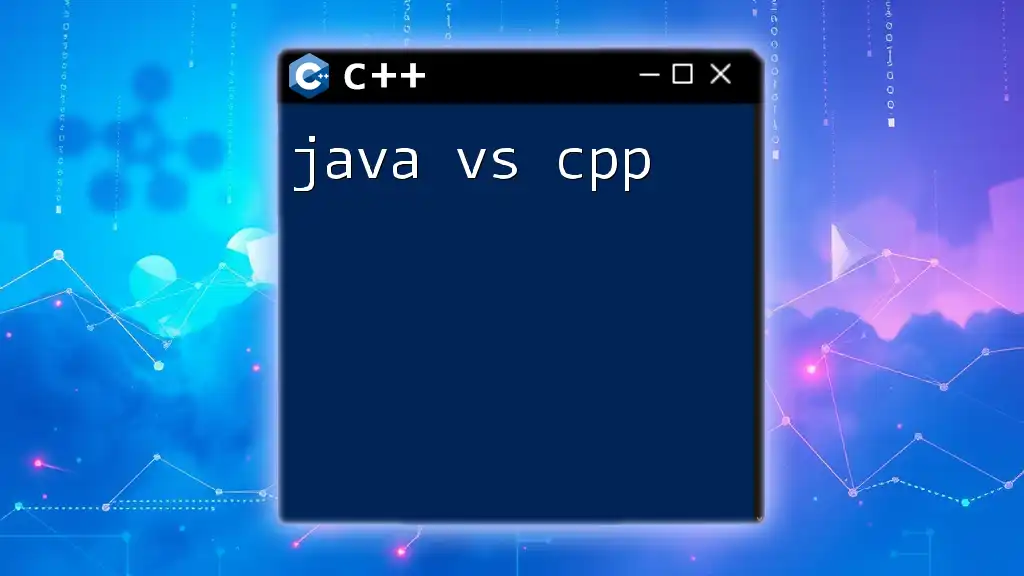
Basic Syntax Comparison
Data Types
Most of the primitive data types are similar, but how they are handled can differ. Here’s a comparison:
int x = 10; // Java
int x = 10; // C++
In Java, types like `String` and `Integer` are objects, while in C++, they are fundamentally different, with `std::string` being the C++ standard library's string class.
Control Structures
Control structures like loops and conditionals may also appear similar at a glance, but small differences exist in their syntax:
In Java:
for (int i = 0; i < 10; i++) {
System.out.println(i);
}
In C++:
for (int i = 0; i < 10; i++) {
std::cout << i << std::endl;
}
Notice the difference in the output statements—Java uses `System.out.println()`, while C++ utilizes `std::cout`.
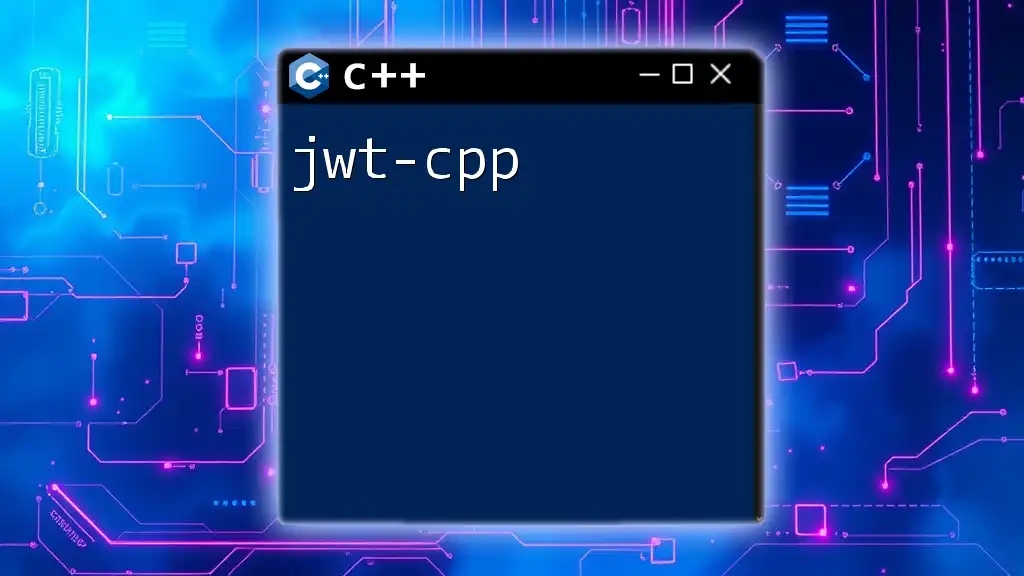
Classes and Objects
Class Definition and Instantiation
Java classes and those in C++ have their own unique characteristics. Here’s how you would define a simple class in both languages:
Java:
class Person {
String name;
}
C++:
#include <string>
class Person {
std::string name;
};
It’s evident that the C++ version requires inclusion of the string library using `#include <string>`. Additionally, whereas Java handles access modifiers and includes them in class definition, C++ places more emphasis on specifying them separately upon usage.
Inheritance
Inheritance while similar can differ syntactically. Java uses the `extends` keyword, while C++ employs a colon (`:`) to denote base classes:
Java:
class Employee extends Person {
int employeeId;
}
C++:
class Employee : public Person {
int employeeId;
};
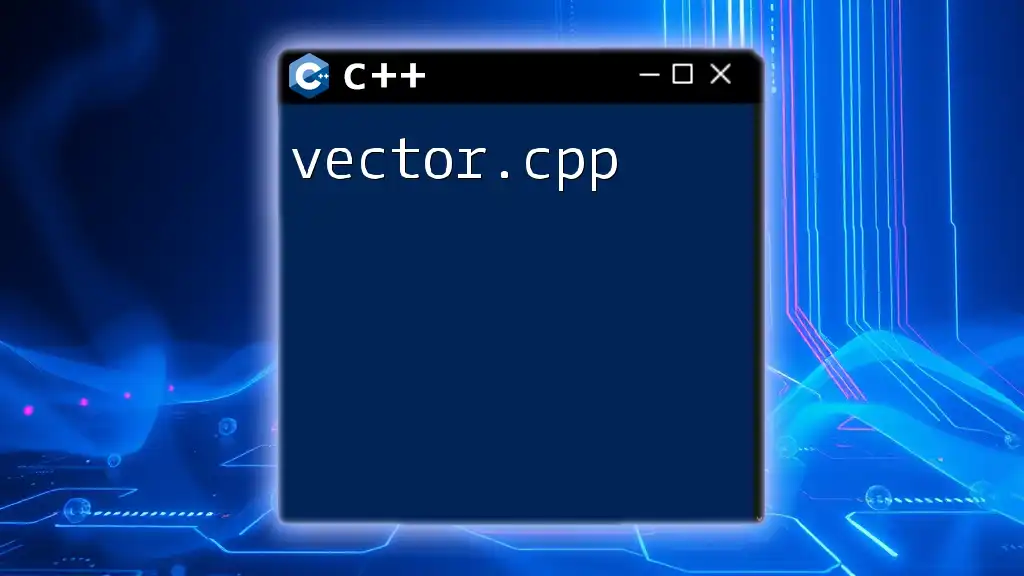
Memory Management
Pointers vs. References
One defining feature of C++ is the use of pointers, which provide powerful capabilities but introduce complexity. Pointers allow developers to reference memory locations directly, giving them control over memory management. Java, on the other hand, uses references that simplify memory management but restrict low-level access.
Dynamic Memory Allocation
In C++, memory allocation is conducted via `new` and deallocation through `delete`. This explicit memory management can lead to memory leaks if not handled properly. Java uses `new` to allocate memory and relies on its Garbage Collector to reclaim it:
C++:
Person* person = new Person();
delete person; // Memory must be manually deallocated
Java:
Person person = new Person();
// No need to explicitly deallocate memory
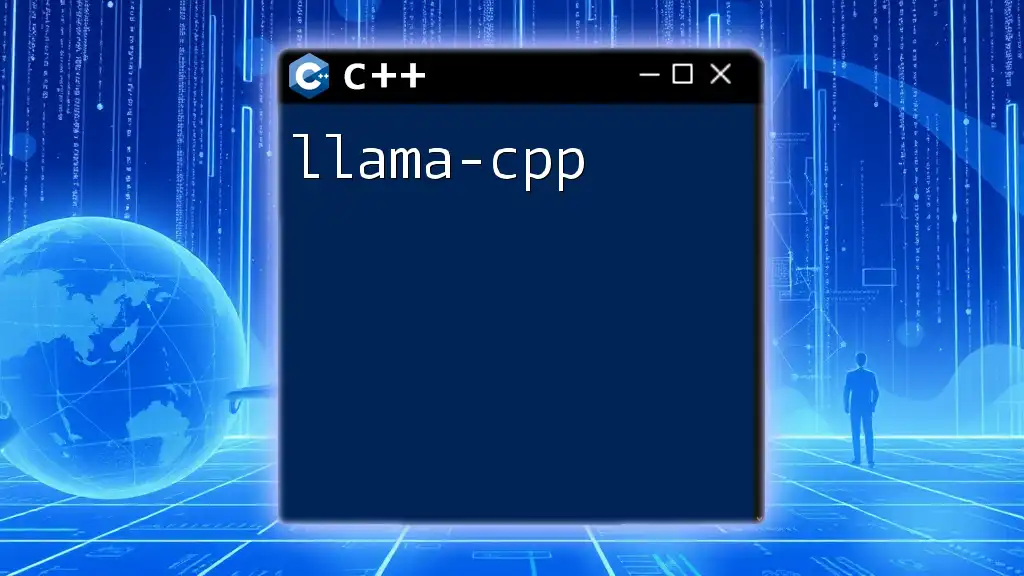
Java to C++ Conversion Techniques
Common Conversions
When moving from Java to C++, you will encounter many common constructs that you will need to translate accurately. For example, collections in Java, such as `ArrayList`, do not have a direct equivalent in C++, prompting the use of templates, such as `std::vector<>`, to achieve similar functionality.
Java to C++ Converter Tools
While manual conversion is a learning opportunity, there are tools that can help automate the process. Various Java to C++ converters exist, which can take Java code and provide a preliminary C++ translation. However, these tools may not always capture nuanced language features, so human oversight and adjustments are generally required.
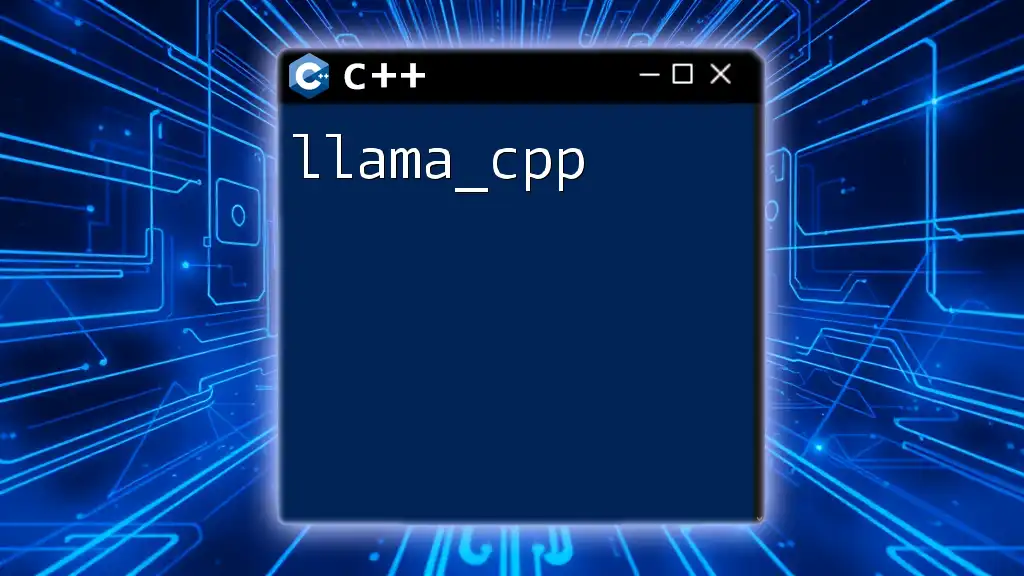
Example Project
To illustrate a practical conversion, consider a simple program that prints "Hello, World!". Here’s how this would look in both languages:
Java:
class HelloWorld {
public static void main(String[] args) {
System.out.println("Hello, World!");
}
}
C++:
#include <iostream>
int main() {
std::cout << "Hello, World!" << std::endl;
return 0;
}
This straightforward example demonstrates how similar concepts can diverge in terms of syntax and structures.
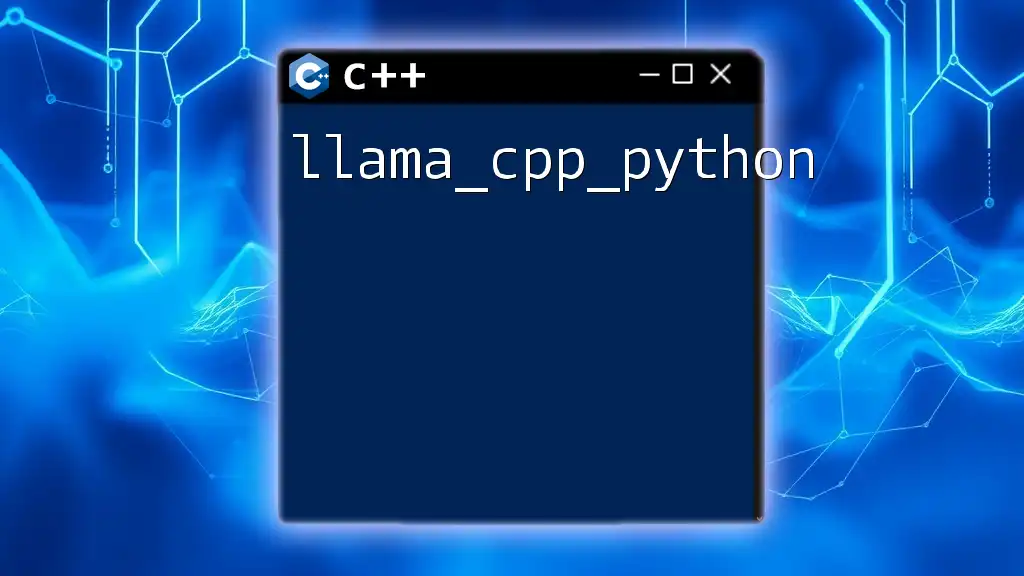
Challenges in Conversion
Common Pitfalls
While converting code from Java to C++, developers may fall victim to issues such as improper memory management and misunderstanding class hierarchies. C++ does not provide automatic memory cleanup like Java, which can often lead to memory leaks if objects are not explicitly deallocated.
Best Practices
To facilitate smoother transitions, it’s vital to adopt best practices when converting code between Java and C++. Ensuring that memory is managed appropriately, utilizing RAII (Resource Acquisition Is Initialization) patterns, and understanding scope management can help mitigate potential issues.
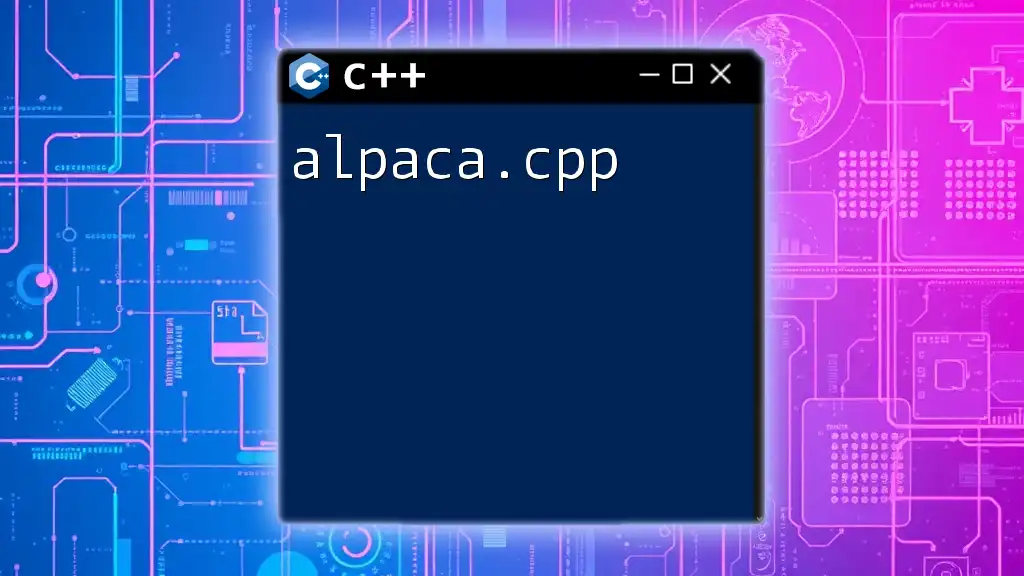
Conclusion
Transitioning from Java to C++ can be a rewarding but complex journey. By understanding the fundamental differences, grasping syntax comparisons, and being mindful of memory management, developers can effectively adapt their skills. Your eagerness to explore these contrasting paradigms will empower you to write efficient and maintainable code in C++.
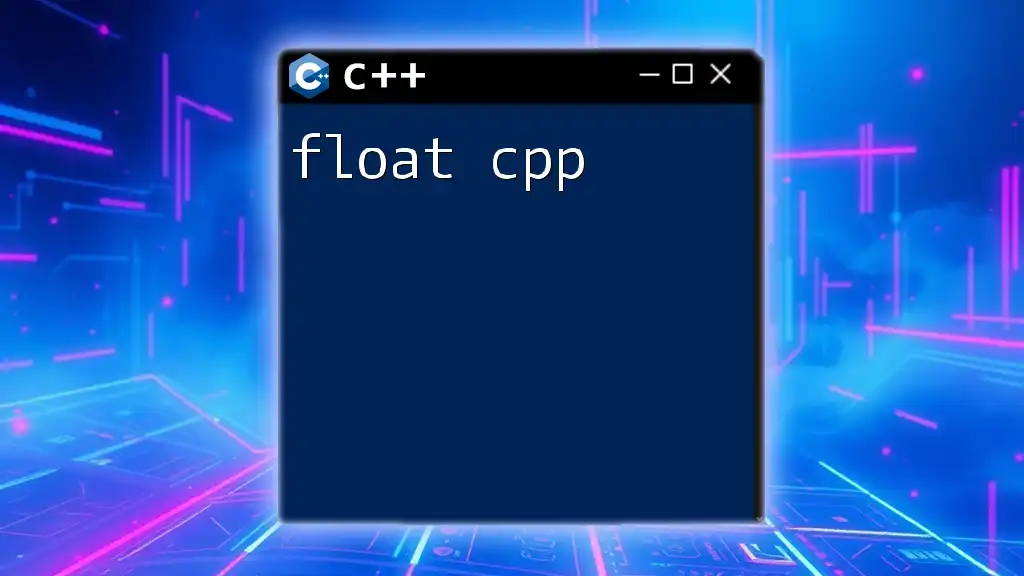
Resources and Further Reading
Utilize the comprehensive documentation for both Java and C++ as you journey through learning these languages. Engaging with forums and communities of developers can also offer valuable insights and support. Explore additional tutorials on optimizing C++ to maximize your programming expertise.
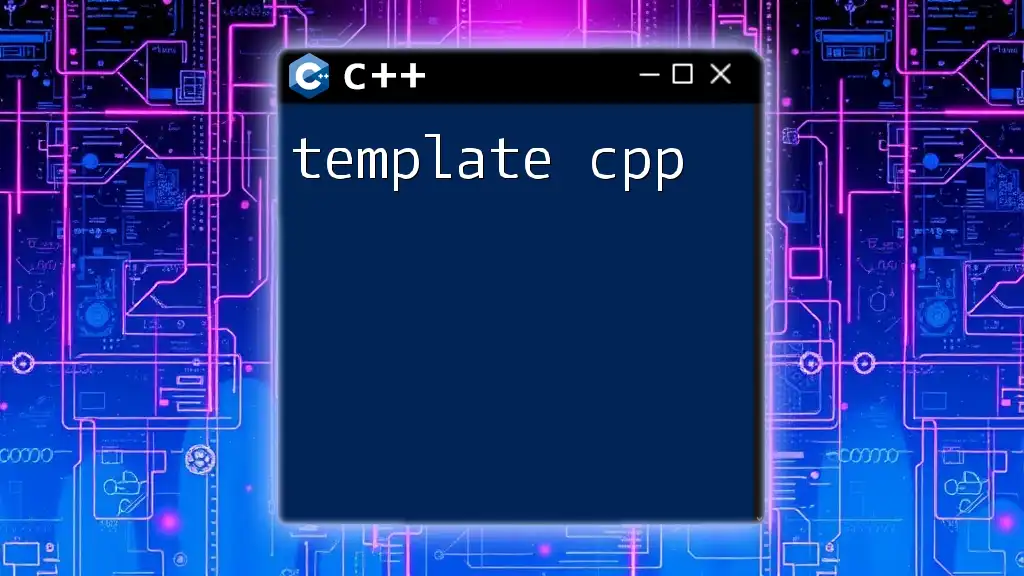
Call to Action
Stay connected with our updates, participate in workshops, and continue your journey towards mastering C++!

